Sleep might be extremely beneficial to us, our bodies, and our immune systems, but we can easily overlook the position we’re sleeping in. However, in fact, your sleeping position plays a huge role in the quality of your sleep, and if you’re waking up tired, sore, or with pains, it might be time to switch it up and pick a different one. Don’t forget the pillows too.
Bright Side cares about good health, and sleep contributes so much to it, which is why it’s important to be aware of the different positions and their pros and cons.
1. Fetal position
The fetal position is the most popular one and for good reason. It’s not just comfortable, but it also helps with lower back pain, it’s great for you if you’re pregnant, and it reduces snoring. However, make sure that your posture is loose or you risk feeling sore in the morning.
2. On your side
Sleeping on your side is similar to sleeping in a fetal position, but your legs aren’t pulled toward your chest. Sleeping on your side, whether it’s in the log, thinker, or pillow hugger positions, is good for you, as it can reduce snoring, help heartburn, and be great for digestion.
However, there are some downsides to this position that you should be aware of. It can cause some stiffness in your shoulders and jaw tightness on the side you’re sleeping on. If you are a side-sleeper, you should opt for sleeping on the left side, as sleeping on your right side might increase heartburn and acid reflux.
If you suffer from lower back pain, the pillow hugger position might be the best choice for you. Putting a pillow between your legs will align your hips better, thus reducing the pain in the lower back region.
3. On your back
Sleeping on your back offers the most health benefits, as it protects your spine and can alleviate hip and knee pain. It keeps your body in an even alignment, which reduces unnecessary pressure on your back and joints. For further health benefits, add a pillow behind your knees to help support the natural curve of your back.
Of course, there are some potential downsides to this position. Sleeping on your back can be difficult for those who snore or have sleep apnea. It can also be uncomfortable for people with back pain, which is why it’s important to have good support.
4. On your stomach
Sleeping on your stomach is not the most beneficial position at all. While it can reduce snoring and help people with sleep apnea, it can also cause back and neck pain. It can also cause stress on the joints, making you wake up sore and tired. If you want to alleviate back pain, you can try putting a pillow under your lower belly.
Which position do you sleep in, and will you make any changes to it after reading this information?
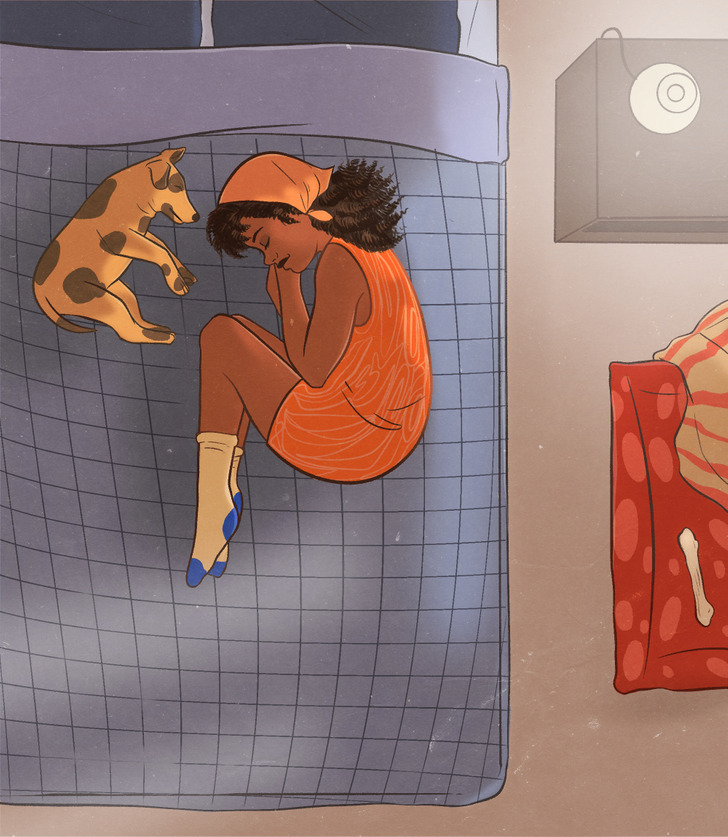
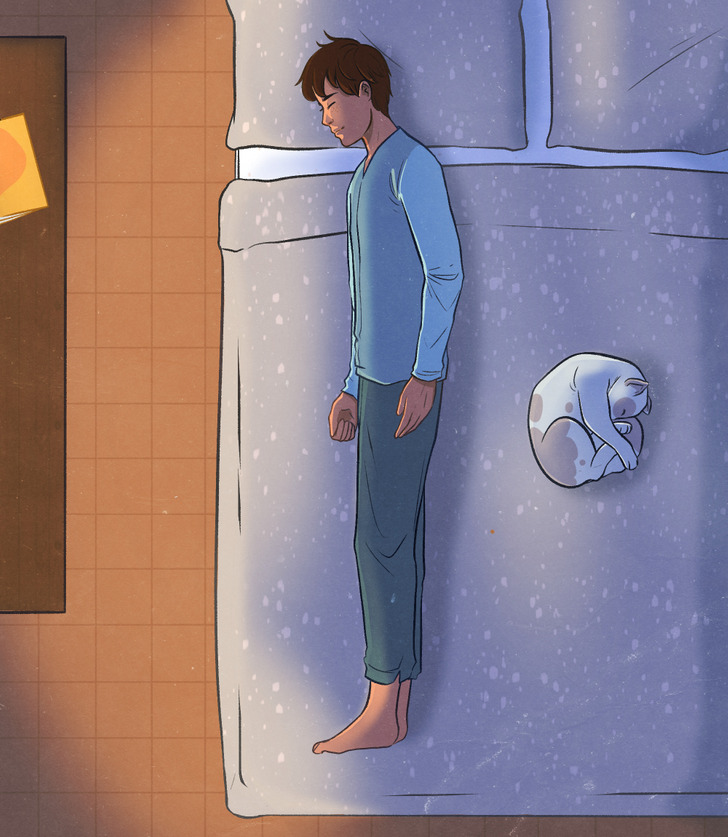
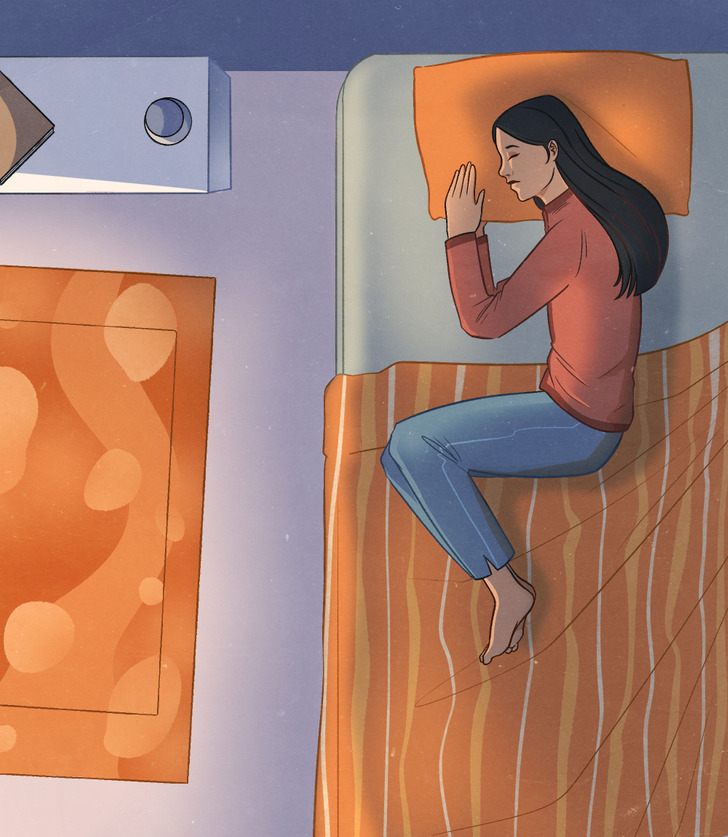
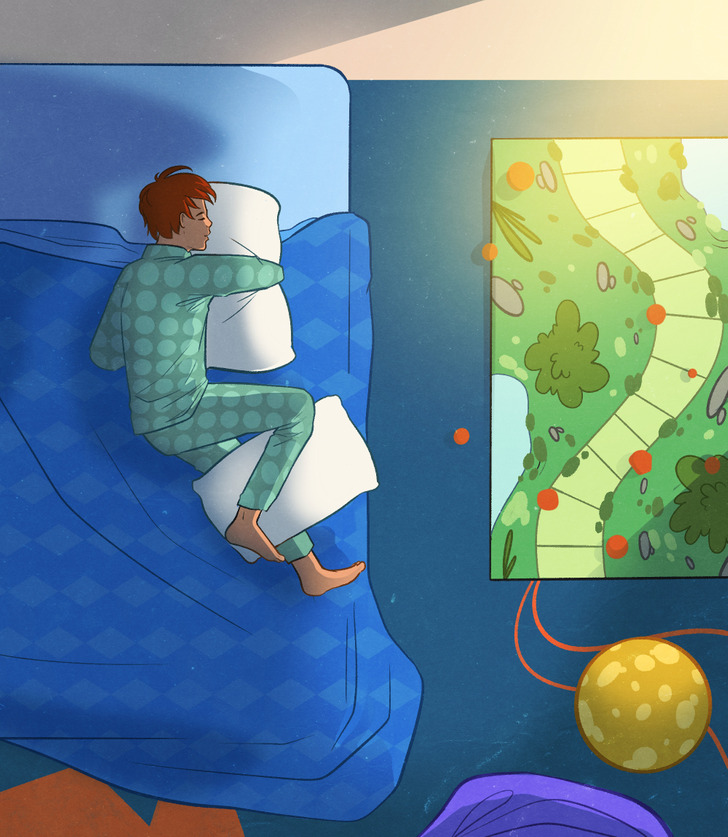
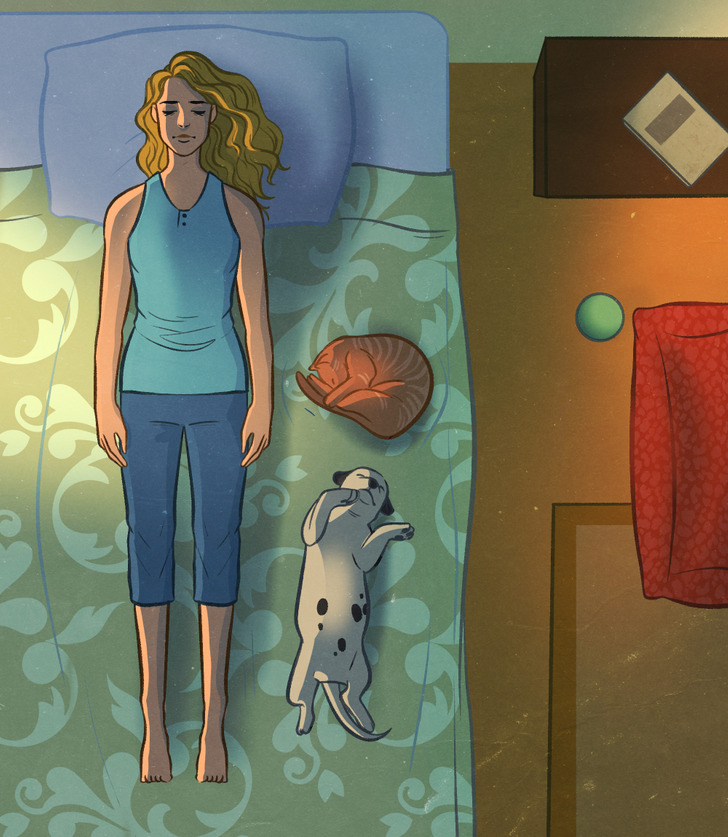
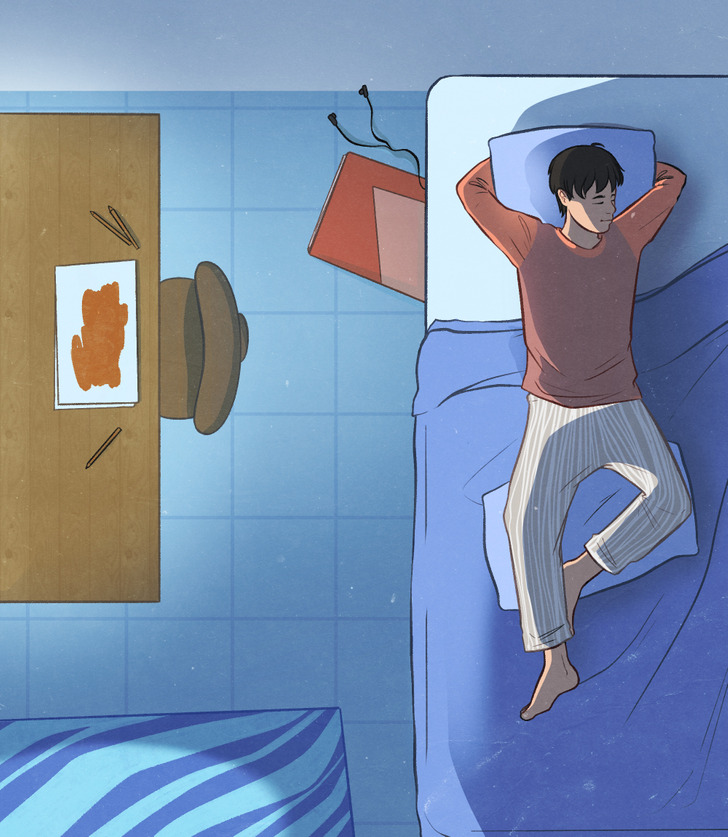
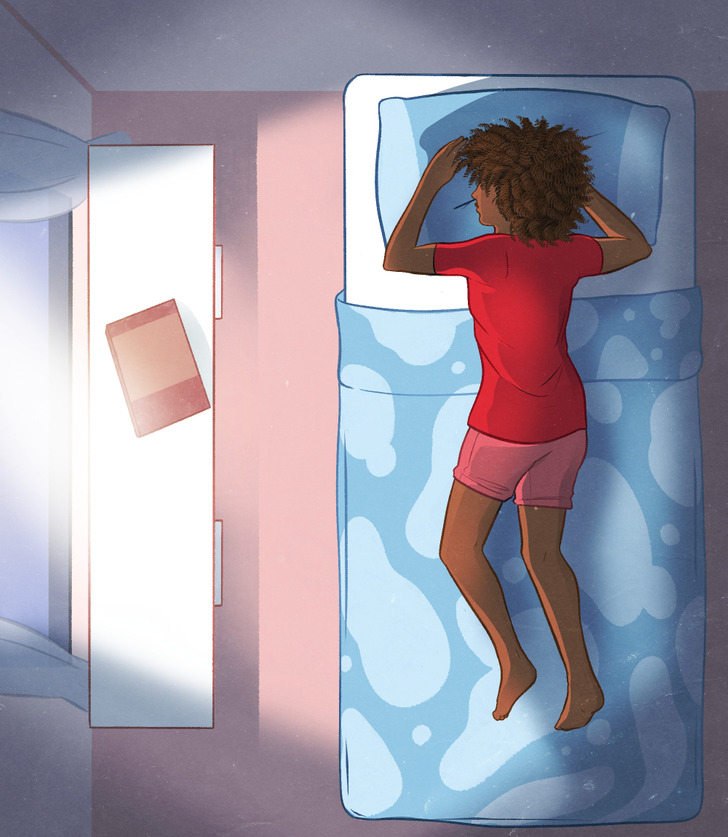

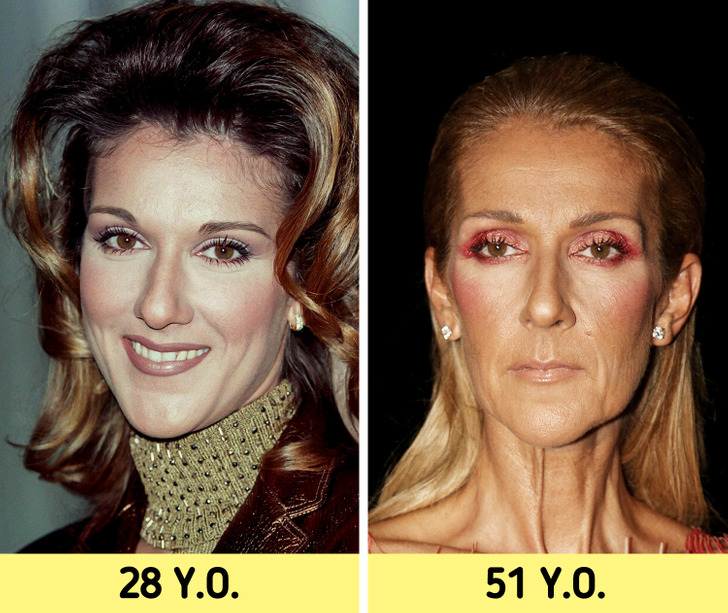


0 comments:
Post a Comment